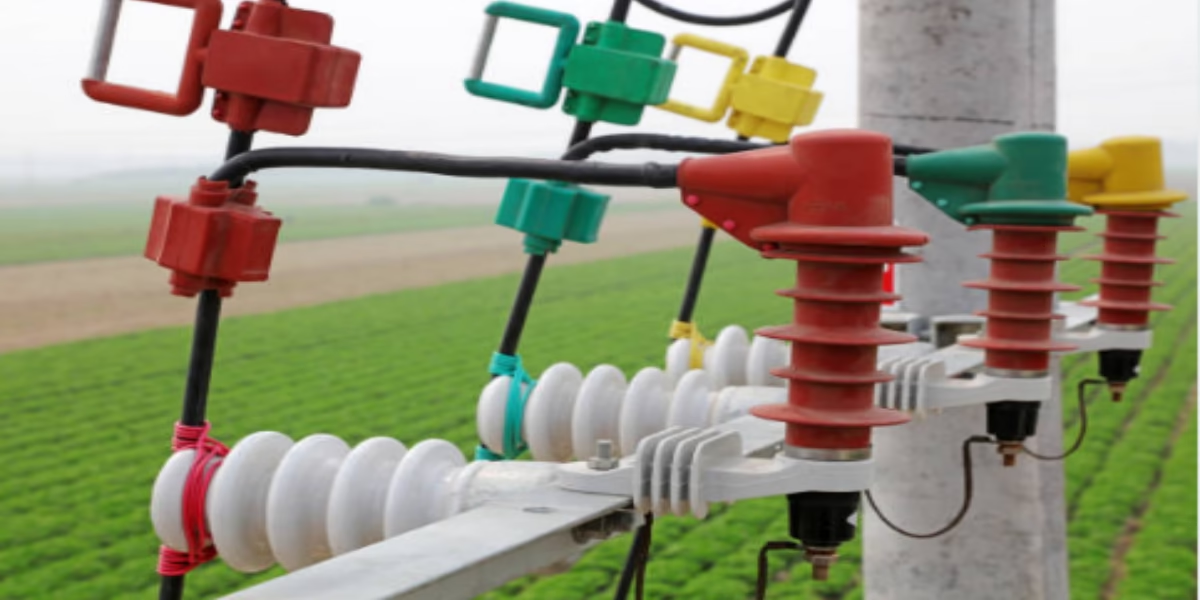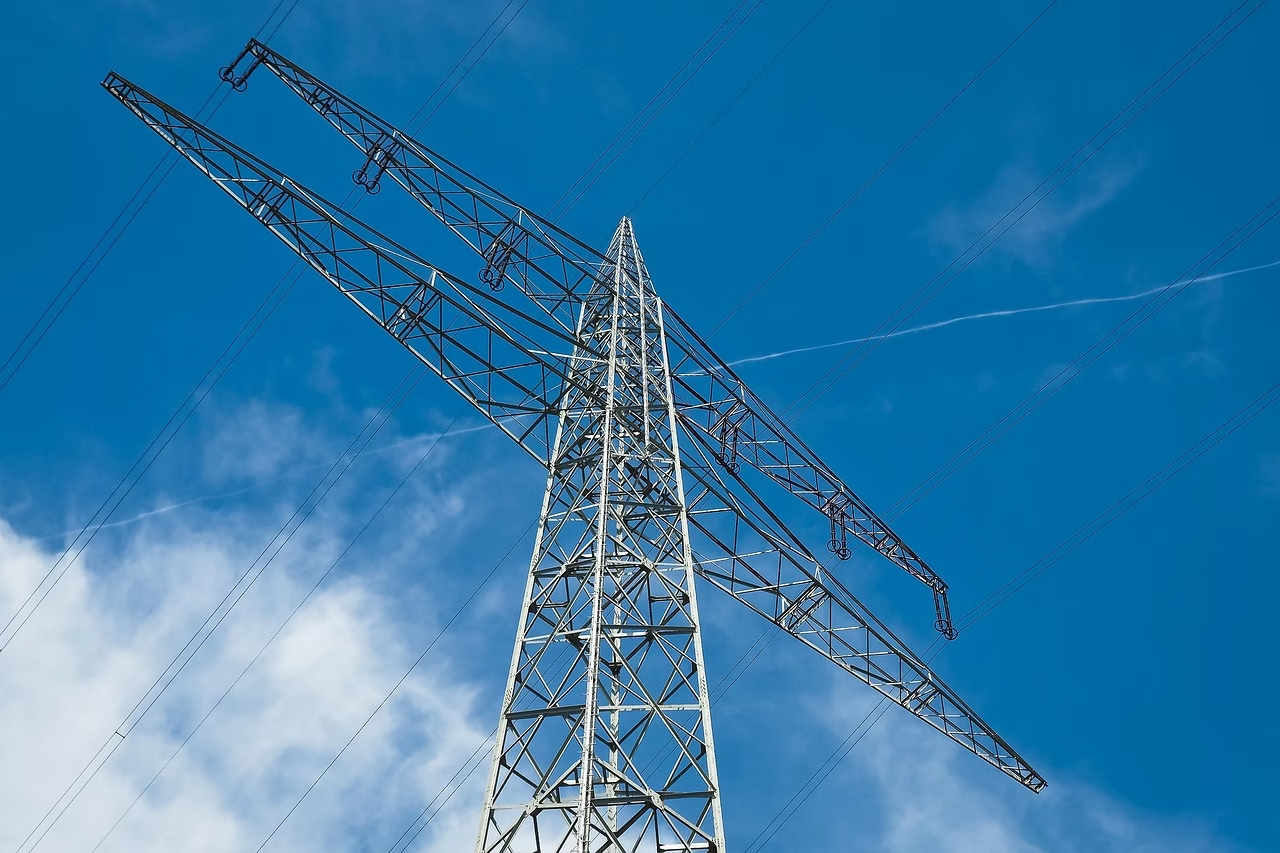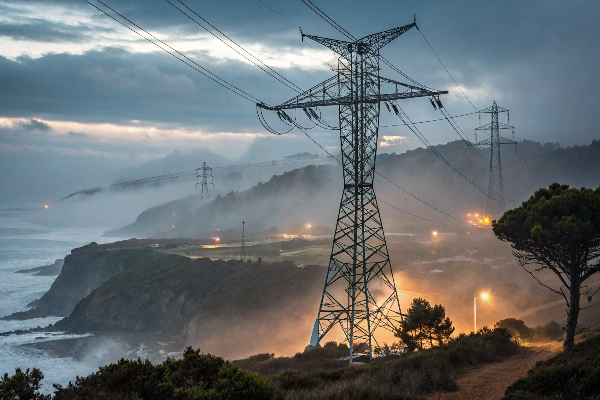in the intricate web of our modern power distribution systems, numerous components work behind the scenes to ensure the seamless flow of electricity to homes and businesses alike. Among these unsung heroes lies a crucial yet often overlooked protector: the fuse cutout. Positioned prominently on utility poles or within substations,these unassuming devices play a vital role in safeguarding electrical networks from faults and overloads. As silent sentinels of power, fuse cutouts quietly fulfill their duty, preventing potential disasters while remaining largely unnoticed by the very consumers they protect. In this article, we will delve deep into the world of fuse cutouts, exploring their design, function, and the critical role they play in maintaining the reliability of our energy infrastructure. Join us as we unveil the mysteries of these silent guardians of power and highlight their indispensable contributions to the electrical grid.
Table of Contents
- Understanding the Role of Fuse Cutouts in Electrical Safety
- Exploring the Components and Mechanisms of Fuse Cutouts
- Maintenance Best Practices for Longevity and Reliability
- The Future of Fuse Cutouts: Innovations and Emerging Technologies
- Q&A
- Insights and Conclusions
Understanding the Role of Fuse Cutouts in Electrical Safety
Fuse cutouts serve as vital components in the electrical distribution system, acting as both a disconnect switch and as a safety device. They are designed to protect electrical circuits from overloads and short circuits, ensuring that the flow of electricity remains safe and controlled. When excessive current flows through a circuit due to a fault condition, the fuse element within the cutout melts, isolating the affected section of the line and preventing damage to equipment and further hazards. This timely response not only helps in maintaining the integrity of the power system but also safeguards lives by minimizing the risk of electrical fires.
These devices are typically installed in overhead power lines and can be identified by their distinct, robust design. They come equipped with various features that enhance their functionality, including:
- Visible disconnect: Allows utility personnel to verify that the circuit is safely de-energized.
- Current rating: Available in various ratings to accommodate different load requirements.
- Weather-resistant:** Ensures durability and reliability in harsh environmental conditions.
Understanding how fuse cutouts protect our electrical systems is crucial for enhancing safety measures and response strategies during electrical failures. their role as silent guardians speaks to the importance of incorporating quality components in power distribution networks.
Exploring the Components and Mechanisms of Fuse Cutouts
Fuse cutouts play an essential role in the world of electrical distribution, acting as a protective device that safeguards power lines and equipment from overloads and faults. These small yet mighty components consist of several crucial parts:
- Fuse Element: The primary component that melts and interrupts the circuit when excessive current flows.
- Casing: The insulated material that houses the fuse element, protecting it from environmental factors.
- Hook Mechanism: A simple latch that holds the fuse in place and allows for easy replacement when needed.
- Arcing Chamber: A design feature that cools and extinguishes the arc created when the fuse blows.
Understanding how these components work together reveals the refined mechanisms that keep our electrical systems safe and efficient. When a fault occurs, the fuse element quickly melts due to the intense heat generated by the overload. This process is aided by the arcing chamber, which directs the arc away from the fuse element, minimizing damage to the device and surrounding components. The hook mechanism ensures that the fuse remains securely in place during normal operations, allowing for swift and easy reinstallation or replacement during maintenance.
| Component | Function |
|---|---|
| Fuse Element | Interrupts circuit during overload |
| Casing | Protects internal components |
| Hook Mechanism | Secures fuse for stability |
| Arcing Chamber | Extinguishes the arc safely |
Maintenance Best Practices for Longevity and Reliability
To ensure that fuse cutouts operate at peak efficiency and contribute to the overall reliability of the electrical system,regular maintenance is essential. Keeping these vital components in optimal condition requires a focused approach. here are some best practices to follow:
- Routine Inspections: Schedule periodic checks to identify any signs of wear, corrosion, or physical damage. Early detection can prevent larger issues down the line.
- Cleaning and Upkeep: Remove dirt,debris,and moisture that may accumulate around the cutouts. This helps maintain conductivity and reduces the risk of electrical faults.
- Thermal Imaging: Utilize thermal imaging tools to detect hotspots which may indicate potential failures due to overloads or defective components.
- Electrical Testing: Conduct regular voltage and continuity tests to ensure that connections are secure and components are operating smoothly.
Implementing these maintenance strategies not only improves the longevity of fuse cutouts but also enhances the reliability of the overall electrical system. To reinforce these practices, consider tracking maintenance activities with a structured logging system:
| Maintenance Activity | Frequency | Responsible Personnel |
|---|---|---|
| Visual Inspections | Monthly | Electrical Technician |
| Cleaning Sessions | Quarterly | Maintenance Crew |
| Thermal Imaging Checks | Biannually | Engineering Team |
| Electrical Testing | Annually | Quality Assurance |
The Future of Fuse Cutouts: Innovations and emerging Technologies
The landscape of fuse cutouts is evolving with the introduction of advanced technologies and innovative designs. Smart fuse cutouts are leading the charge,integrating real-time monitoring capabilities that allow utilities to track performance and make data-driven decisions. With the incorporation of IoT technology, these devices can communicate with centralized systems, providing critical insights into load levels, fault conditions, and maintenance needs. The real-time analytics enhance operational efficiency and allow for quicker response times in case of disruptions, directly contributing to a more reliable power supply for consumers.
Moreover, emerging materials and manufacturing techniques promise to revolutionize the durability and performance of fuse cutouts. Lightweight composites and advanced polymers offer improved resistance to environmental factors, while innovative designs help in achieving better heat dissipation. These upgrades not only extend the lifespan of the devices but also lead to a reduction in maintenance costs. As the energy sector leans further into sustainability, eco-friendly options such as recyclable materials are becoming a key consideration in the production process. the future of fuse cutouts will be characterized by greater intelligence, resilience, and sustainability.
Q&A
Q&A: Unveiling Fuse Cutouts - The Silent Guardians of Power
Q1: what are fuse cutouts, and why are they meaningful in the power distribution system?
A1: Fuse cutouts are protective devices used in overhead power distribution systems to guard against overloads and short circuits. They act as safety valves, disconnecting faulty sections of the circuit to prevent damage to equipment and ensure continuous power delivery.By safeguarding the integrity of the system, fuse cutouts maintain the reliability of our electricity supply, making them essential in the infrastructure of modern power distribution.
Q2: How do fuse cutouts actually function in a practical setting?
A2: In the event of an electrical fault, such as a surge in current, the fuse element within the cutout melts, creating an open circuit.this process interrupts the flow of electricity, effectively isolating the affected segment of the line. Once the fault is resolved, utility workers can easily replace the fused element and restore service without having to take the entire system offline. This combination of simplicity and efficiency underscores their critical role in maintaining stability in power networks.
Q3: What types of fuse cutouts exist, and in what scenarios are they utilized?
A3: fuse cutouts come in various types, including expulsion cutouts and cartridge cutouts. Expulsion cutouts are designed to vent the gases produced during operation, whereas cartridge cutouts provide a more contained approach. They are utilized primarily in overhead distribution lines and are strategically placed in rural and urban settings to effectively manage load variations and enhance system resilience. Each type serves distinct operational requirements while ensuring safety and performance.
Q4: With advances in technology, how are modern fuse cutouts evolving?
A4: Modern fuse cutouts are integrating advanced features, such as smart technology and remote monitoring capabilities. These innovations allow utilities to not only detect faults more swiftly but also to manage loads proactively. Some models now come equipped with sensors that provide real-time data, enabling predictive maintenance and reducing the frequency of outages. This evolution represents a shift towards smarter, more responsive power infrastructures that enhance reliability and efficiency.
Q5: Are there environmental considerations associated with fuse cutouts?
A5: Yes,environmental considerations are increasingly importent in the design and deployment of fuse cutouts. Manufacturers are now focused on creating devices that minimize the environmental impact throughout their lifecycle. This includes the use of recyclable materials and designs that reduce hazardous emissions during operation. additionally, technological advancements may reduce energy losses, contributing to a greener power grid.
Q6: How do utilities prioritize the maintenance and inspection of fuse cutouts?
A6: Utilities implement regular maintenance schedules for fuse cutouts, often dictated by the specific environmental conditions and load requirements of each location. Inspections typically involve visual assessments and functional tests to ensure everything operates as intended. By utilizing predictive maintenance practices, utilities can proactively identify potential issues before they escalate into problems—turning these silent guardians into reliable partners in power management.
Q7: What should the public know about fuse cutouts and their impact on everyday life?
A7: While fuse cutouts may seem like inconspicuous elements of the power infrastructure, they play a pivotal role in everyday life. By ensuring the reliability and safety of electrical systems, they help maintain the flow of energy that powers homes, businesses, and essential services. Understanding their importance can foster greater appreciation for the complex systems that keep our lights on and our devices running—emphasizing that sometimes, the most vital guardians are the quietest.
In essence, fuse cutouts are the unsung heroes that contribute substantially to the robustness of our electrical systems, ensuring that the power we rely on remains consistent and safe.
Insights and Conclusions
the humble fuse cutout may not be a household name, but its role as a silent guardian of our power systems is undeniable. These unsung heroes operate diligently behind the scenes, ensuring safety and reliability in an increasingly electrified world.As we continue to advance in technology and build smarter grids,the importance of understanding and appreciating the mechanisms that protect our energy supply becomes ever more critical. Let us celebrate the fuse cutout—not just as a mere component of electrical infrastructure, but as a vital element in the tapestry of our modern lives. As we move forward, may we remain mindful of the intricacies that keep our lights on and our devices charged, and remember that sometimes, the most significant guardians are those that work quietly and efficiently, away from the spotlight.





